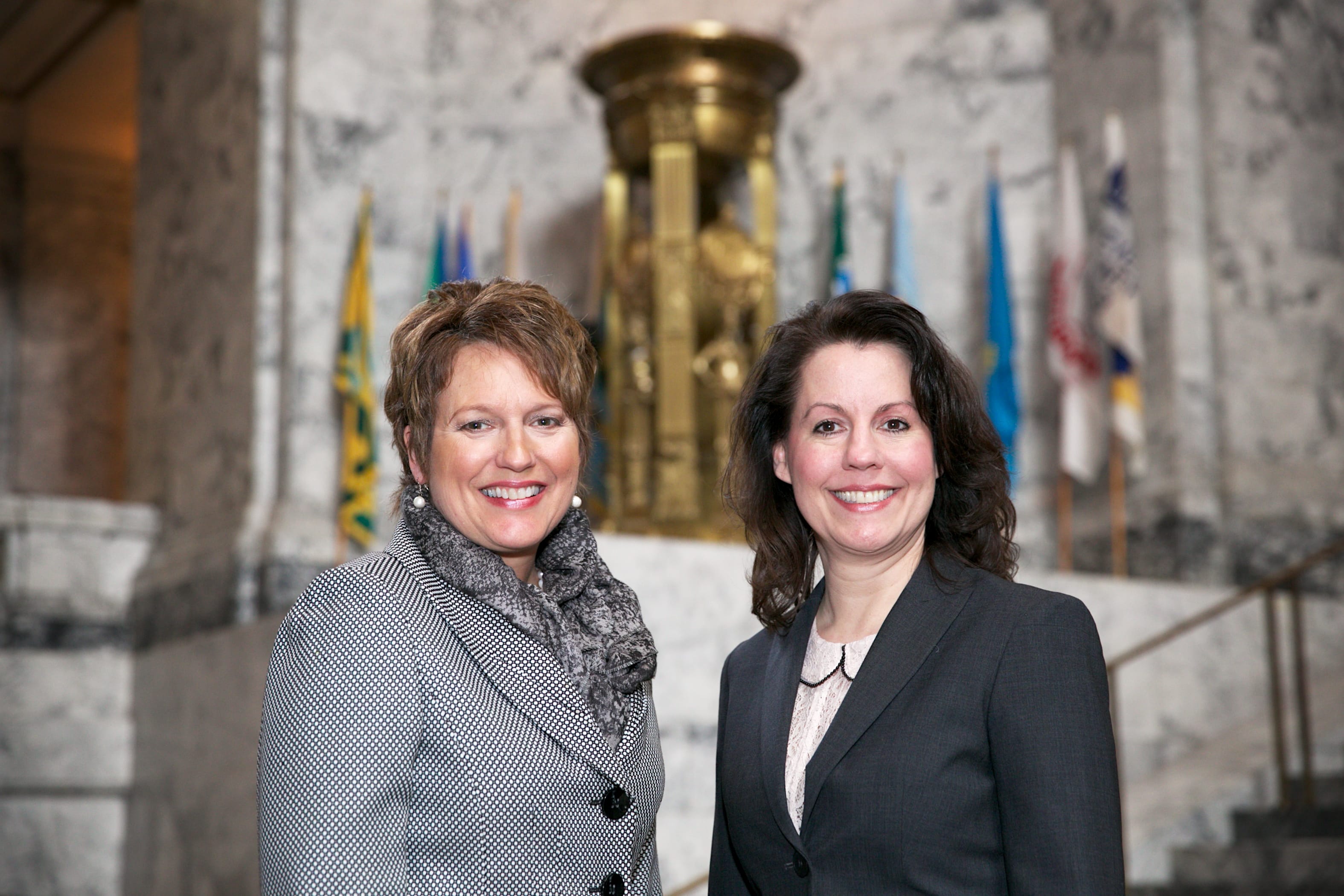A group of state lawmakers from Washington and Oregon met in a closed-door meeting in Vancouver on Wednesday to discuss a new Columbia River bridge.
It was not, however, a meeting to “revive the Columbia River Crossing,” said Rep. Liz Pike, R-Camas, one of the lawmakers spearheading the so-called Bi-State Bridge Coalition.
Pike said she was encouraged by the meeting, which included 12 lawmakers, representing both states and both parties.
The meeting, which was closed to the public and the press, was a combination of a “healthy postmortem and lessons learned” and the start of rebuilding relationships, Pike said.
After Washington lawmakers declined to vote to pay their share of the Columbia River Crossing, which would have replaced the Interstate 5 Bridge, Oregon’s governor pushed ahead to consider an Oregon-only version of the project. The go-it-alone strategy failed to garner enough votes earlier this year, and the project was declared dead.
“If we can get to yes, we have to lift together this time,” Oregon Rep. Julie Parrish, R-West Linn, said after the meeting. She was a vocal opponent of the Oregon-led project.
The most tangible next step, said Sen. Ann Rivers, R-La Center, is to establish a commission sanctioned by the governors of each state.
Rep. Sharon Wylie, D-Vancouver, said she agreed with the idea of a more formal commission, mainly because any outcome would likely take years and the states would benefit from a sustained effort that doesn’t change every election.
“Everybody there knows by the time we get there, most of us will be dead or retired,” Wylie said of a new project.
Oregon Democratic Sen. Lee Beyer, who chairs the state’s Senate Committee on Business and Transportation, had been involved with the scrapped Columbia River Crossing project for years and has said his state suffers from bridge fatigue. Although he attended Wednesday’s meeting, he appeared skeptical of any tangible outcome.
“I think people will put some emotional energy into it,” Beyer said. “Realistically, I think we’ll find out there really isn’t a path forward at this time. I continue to believe the only path forward is the proposal we (had) on the table.”
Sen. Annette Cleveland, D-Vancouver, echoed Beyer’s sentiments, noting she was “confused about the process that’s going to be followed.”
Cleveland added: “I will go to a second meeting if it’s clear there will be possible solutions put forward for discussion. I don’t have an interest in continuing to go round and round and talk about all manner of possibilities. I wasn’t clear today whether there is even a common goal … There was talk of third bridges and other things. I’m not really clear what our aim is yet.”
Rep. John Huffman, a Republican from The Dalles, Ore., said there is broad agreement that the two states need to find a way to improve freight mobility and ease congestion. Huffman is working closely with Pike and Rivers to organize the Bi-State Bridge Coalition meetings
He said the failure before was not coming together to find a solution acceptable to both states.
“We won’t make that mistake again,” he said in a statement.




